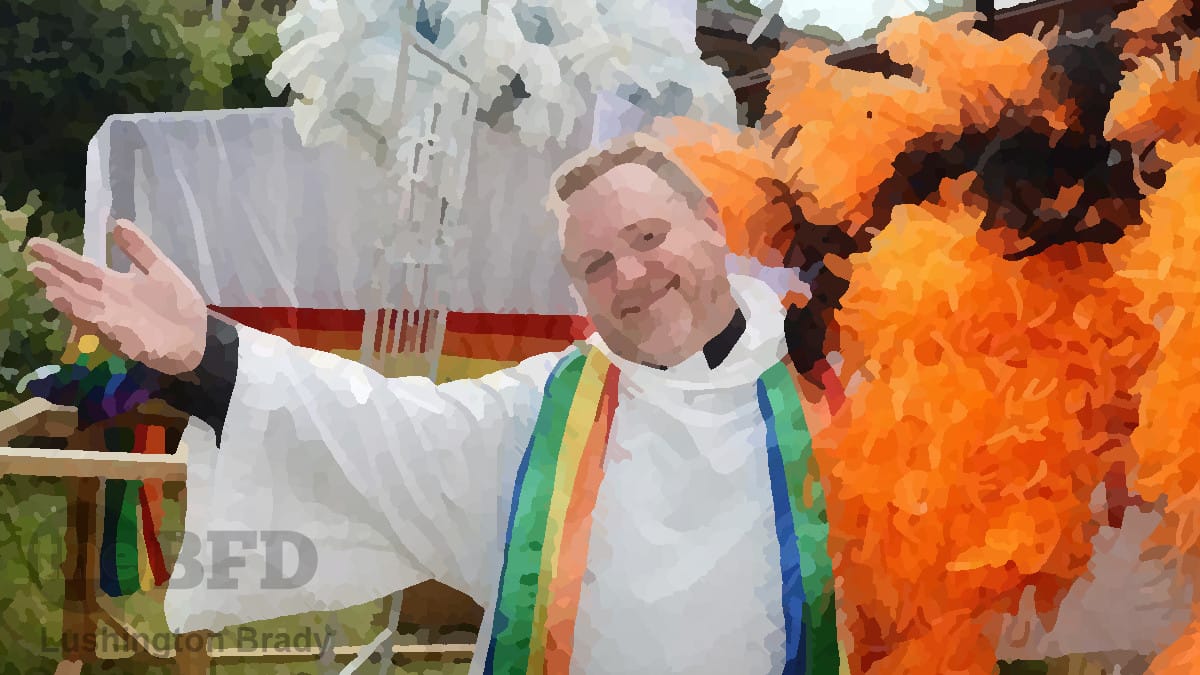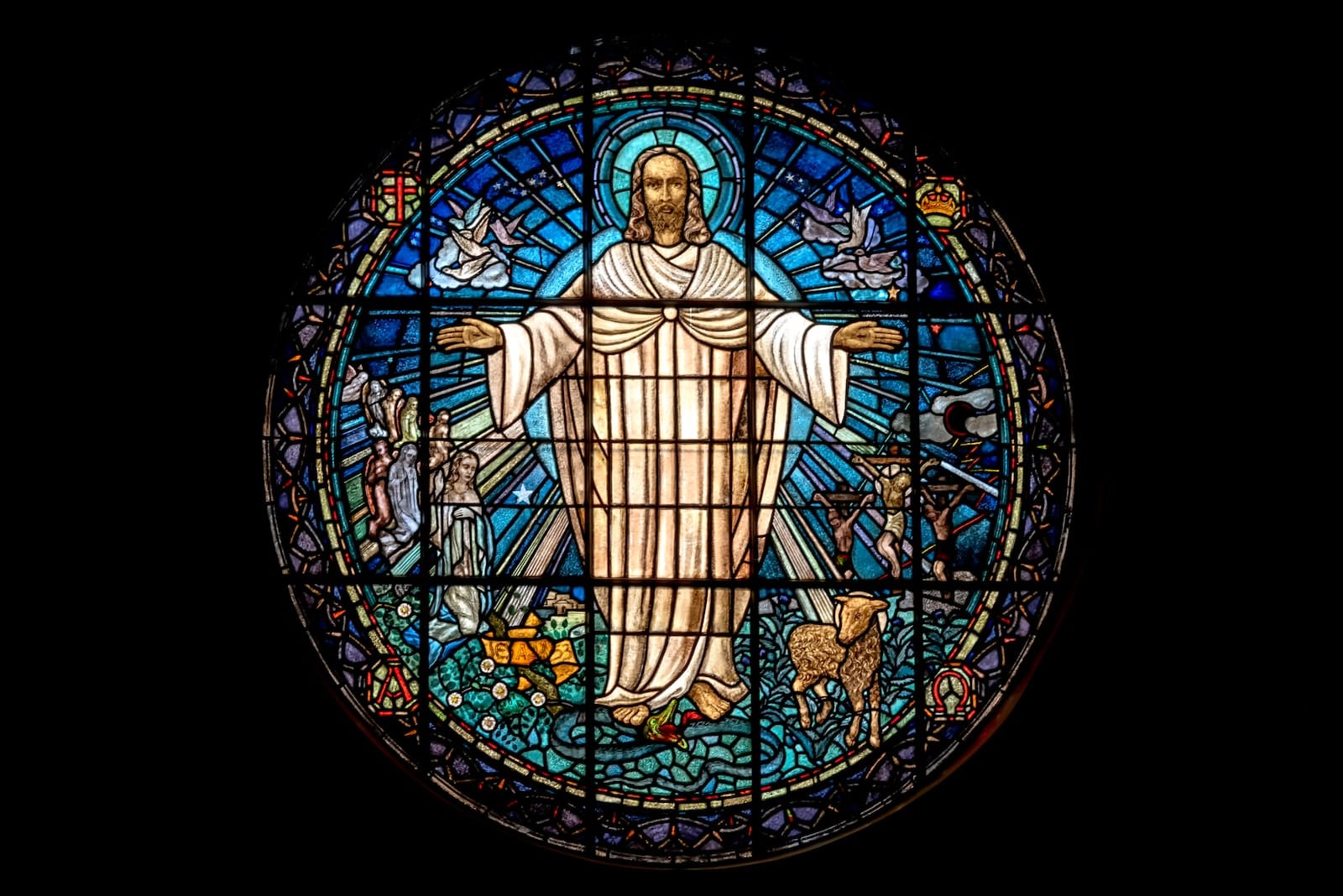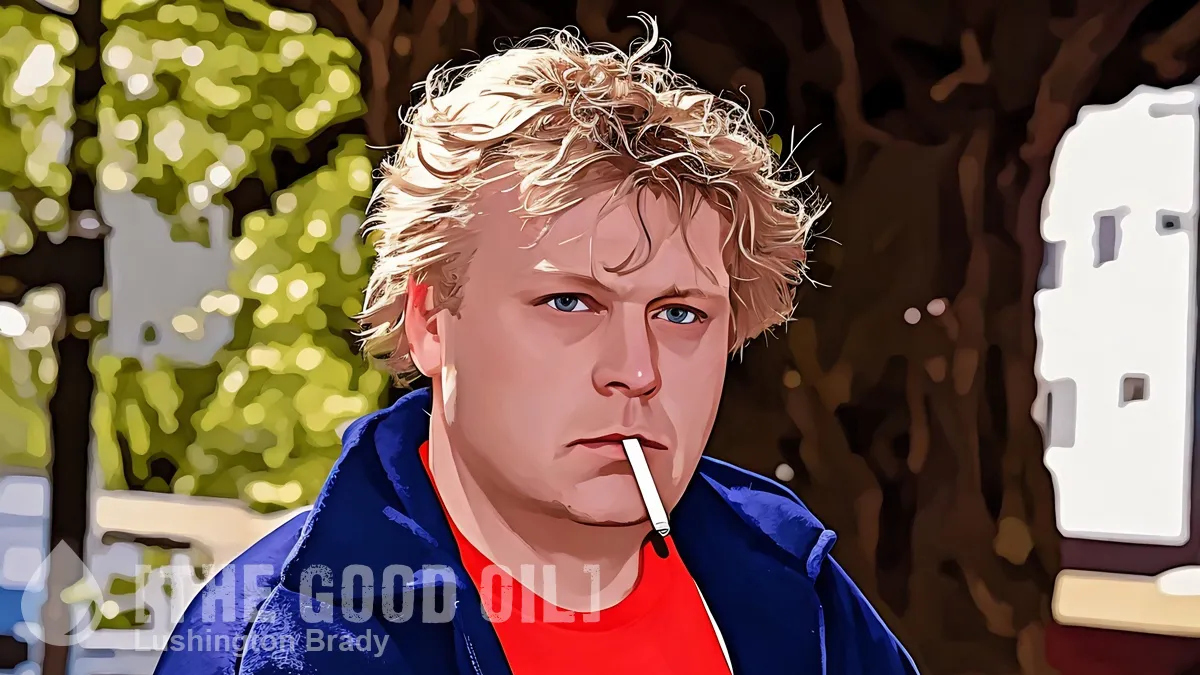Table of Contents
Although I still class myself as a soft-atheist, hard-agnostic, I’ve recently started going to church again. Why?
Partly because my wife was and always remained Catholic. A recent trip to her parents’ homeland made her realise just how deeply the faith had shaped her world.
It’s also partly because, as Astronomer Royal Martin Rees puts it, these are the “customs of my tribe”. Dressing up on a Sunday morning and filing into the pews, the ceremony of the mass, such were the rituals of my childhood. There is a certain comfort in finding them again. Author Philip Pullman, an open atheist, likewise concedes that “the Anglican tradition remains an important part of who I am”.
But does the Anglican tradition remain an important part of the Anglican church? Watching the antics of some of its most vocal leaders, one has to wonder. Not least at the endless, leftist virtue-signalling of fatuous twits like “Tilty McJesus” Rod Bower, he of the rainbow cassocks and simpering sermons that wouldn’t be out of place in a Greens policy meeting.

A growing number of Anglicans are beginning to say, “Enough!”
The defection of a number of Australian Anglicans from their Church might not seem of more than local importance but look closer and you will see it as part of a wider pattern. It’s a warning flash in a storm rolling in from the United States that is going to break all over the West, as the ‘silent multitudes’ turn against once-respected institutions now in thrall to leftist obsessions about sex, race and history.
At the heart of this rebellion is a sense of impotence – these are people who have no voice in the media – and a conviction that the radical social agenda has undermined the certainties essential to a cohesive society.
They’re not wrong. This isn’t a conspiracy theory, either: because the thought-leaders of the left said 50 years ago that this was exactly what they planned to do. They dubbed it “The Long March through the Institutions”. It’s been successful beyond their wildest dreams.
Identity politics has riven our community into mutually hostile tribes and the leftist denial of the existence of objective truth deprived us of a framework in which to reason with each other.
No one says the Anglican Church is that far gone, but the defectors, led by a former archbishop of Sydney, do say that it has ‘departed from the values of the Bible’, particularly in some of its bishops appearing not to have absolutely ruled out the possibility of same-sex marriage in church. This has been criticised as ‘narrow-minded’ and ‘out of touch’, not least by apologists for the mainstream Church.
By “out of touch”, what they really mean is “out of touch with the inane chattering of inner-city cafes”.
So what’s the solution? Is reform possible? Or, like the universities and political parties, is it increasingly looking like the only way out is to bulldoze the lot and rebuild?
The storm will burst over American heads at the November mid-term elections. The elite Democrat establishment, the politicians and the powerful administrative class hand in glove with them, will be up against a wave of mostly young Republican candidates, some of whom call themselves ‘post-conservative’ – ‘There is nothing to conserve,’ says one of them, ‘you have to start again.’
In Australia, Scott Morrison was no Donald Trump, no matter how much the deranged local left tried to pretend — but Anthony Albanese is fast shaping up as our Joe Biden. The country is plunging into a crippling series of crises, while the leadership play the politics of division with crude, race-baiting identity politics. Like the Establishment Republicans, the Establishment Liberals are not so much an opposition as a pale, wannabe shadow of the loony left.
Many would support an unhesitatingly conservative Liberal party: there too are the seeds of a split or a new foundation.
In the religious sphere, it’s not just the Anglicans, although the Church of England is the soaking wet edge. The Catholic Church is toying with woke pandering like shoe-horning the pagan “Welcome to Country” at the start of mass.
The Roman Catholic Church is not in the same straits numerically as the Anglicans, but falling attendance suggests it soon could be. Its one growth point is the old Latin or Tridentine Mass, which attracts many young people and families worldwide.
The present pope dislikes it, and has restricted its celebration, yet the old Mass is a huge opportunity for the Catholic Church because it shows that traditional Christianity can answer a perceptible spiritual hunger, especially in the young.
Spectator Australia
The Latin Mass was gone before I ever remember attending church as a child. But its beauty and grandeur are tremendously appealing — for the same reason that I prefer to read the King James Bible. In “making it accessible”, the modern church has dumbed down the liturgy and robbed it of its poetic splendour.
Like a great many people, I suspect, I don’t go to church expecting to hear Jesus and the Apostles talking like an announcer on the TV. I go to be awed by the soaring beauty of the stained glass, the vaulted ceilings and the uplifting grandeur of the scripture.










